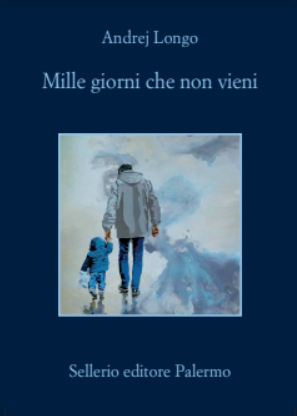Author:
Andrej Longo
Publishing house:
Sellerio
Date of publication:
13-09-2022
Erase the past, start from scratch after changing oneself. But is there really a second chance? A portrait of a character chasing himself through a labyrinth from which it is possible to get out, only to find himself back where he started.
Antonio Caruso is out of jail. Even he, there and then, does not know why he was released from prison. He is a young gangster, has dealt and killed, and should still serve seven years. He has no more friends outside, and the real ones, Santo Domingo, Pasqualone, and Caffeina, the ones with whom he cries, jokes, and shares “the dark shadow of the past that comes for you every night,” have remained inside.
Outside is Maria Luce, his wife, who wants no more of him. And there is little Rachelina, who was born when Antony entered prison and now enchants him with the innocent grace of her intelligent smile.
Trying to reknit the threads of his existence, Caruso, looking for a job, trying to win back Maria Luce, looking for a new chance. Father Vincent, the prison priest who is well acquainted with boys like him, tries to help him, because “the freedom to try to change no one can take it away from us.” Caruso gets a job as a truck driver, the same job his father did. But there is something unclear about those trucks traveling at night. So again he gets into trouble. And as the desperate dream of a new life seems to recede even further, questions open up in his soul that are not easy to answer.
In his noirs, often written in the present tense and in the first person, there are always many reflections that the author stimulates in the reader. The talent of weaving gloomy stories, sculpting characters, depicting environments and arousing atmospheres is combined with a genuine desire for fraternity. A need that seems to arise from a process of identification with the people he tells about. So much so that the reader, thanks in part to a natural “speech” that does not seek effect, has the impression of being with the protagonist and living every moment of the story on his skin.

